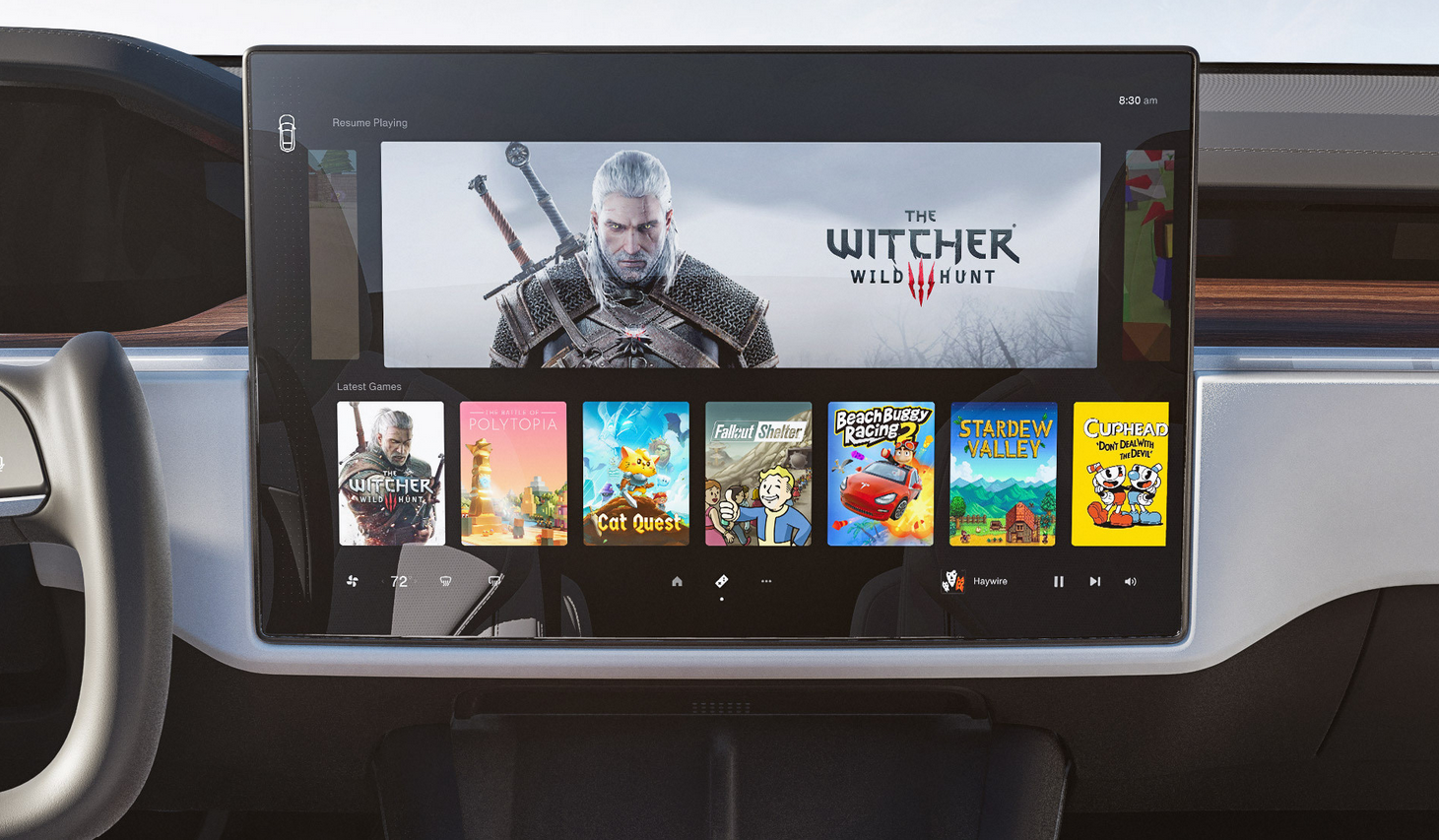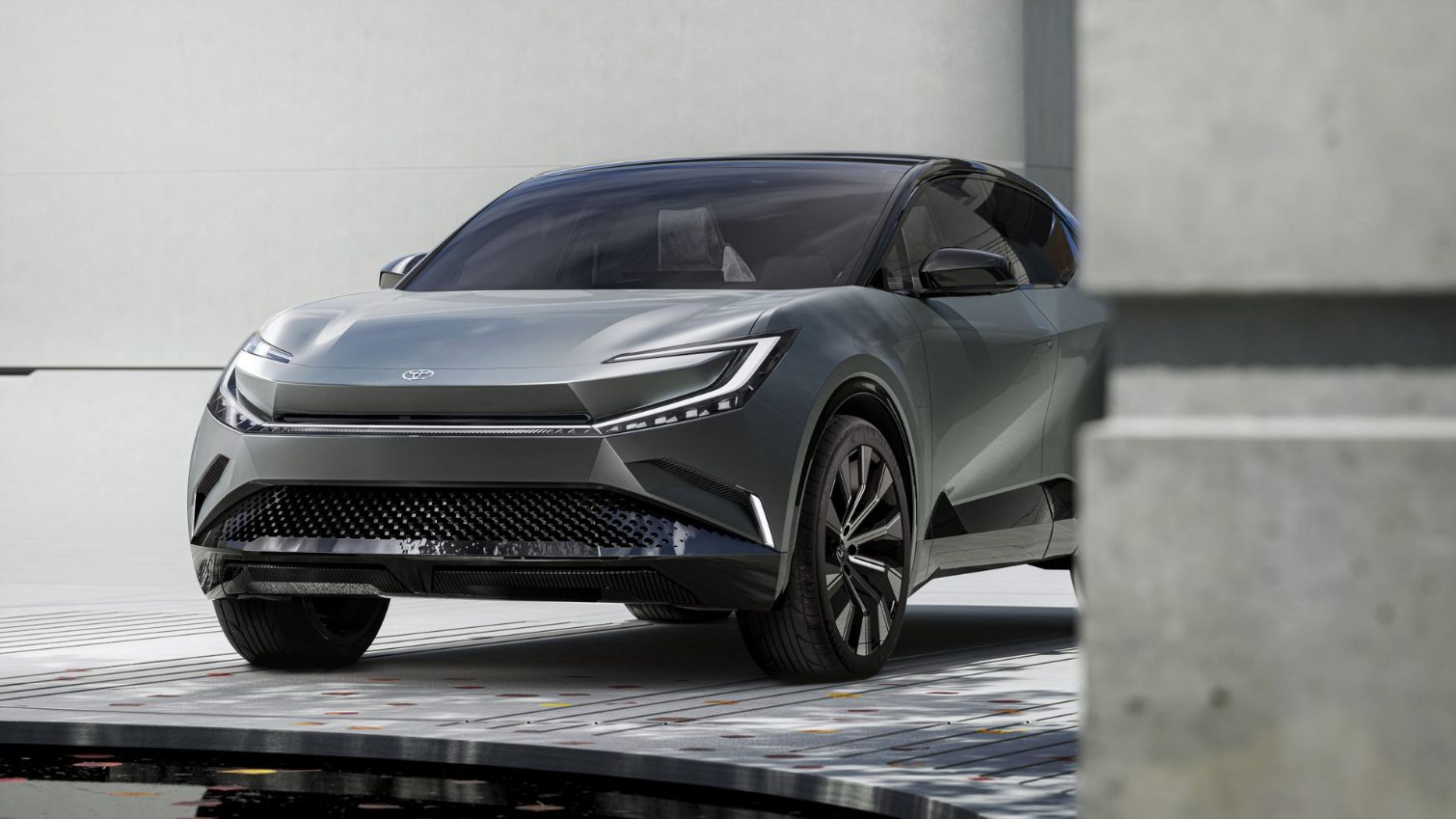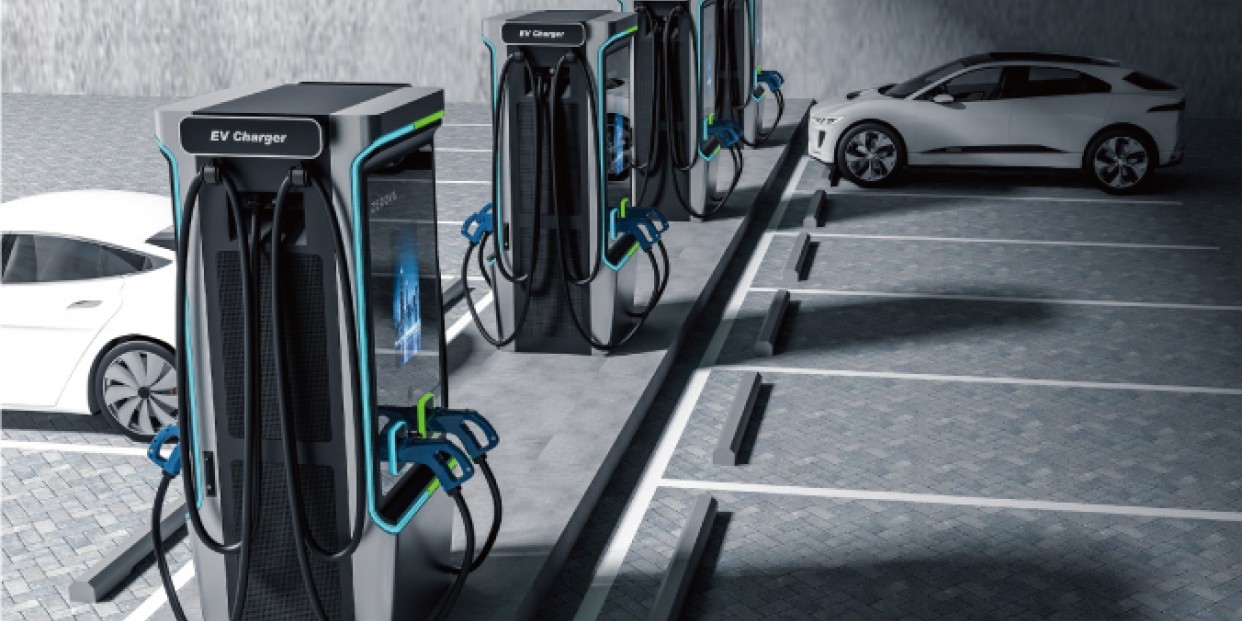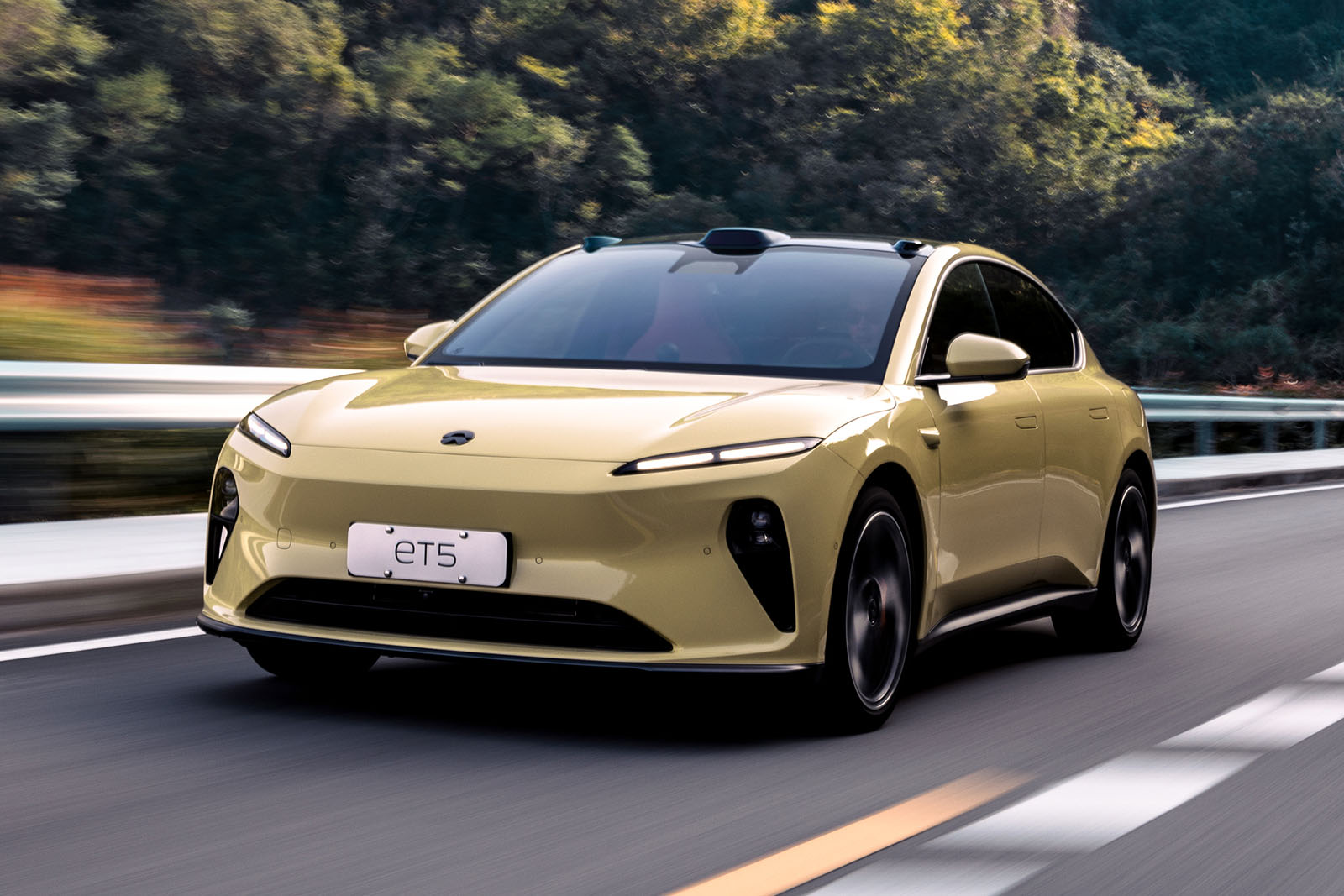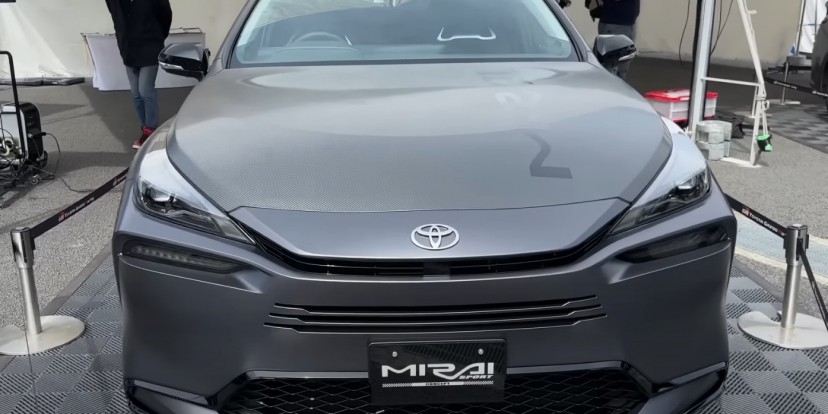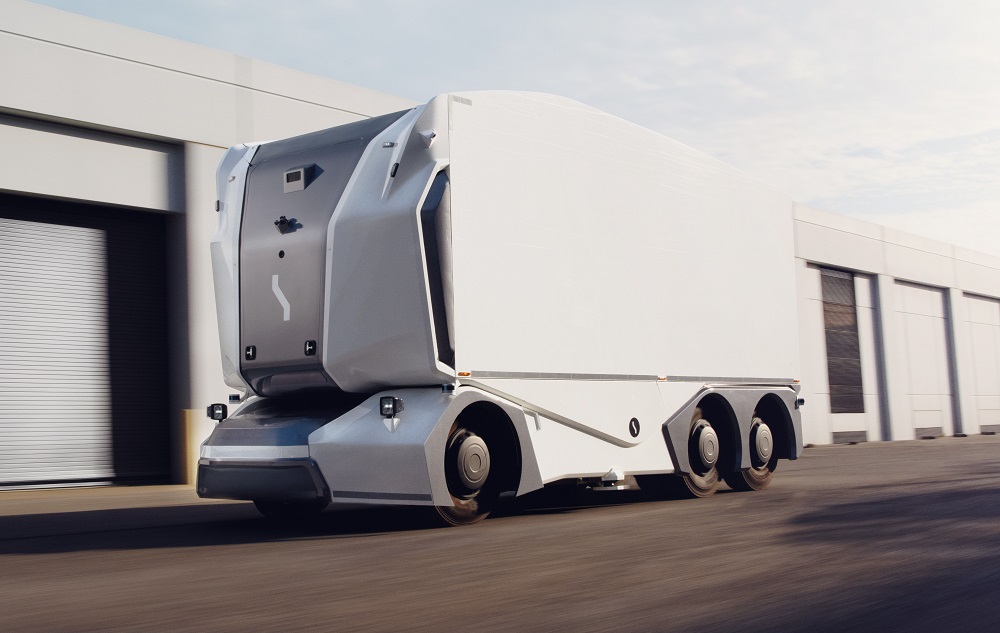In a recent development, the National Highway Traffic Safety Administration (NHTSA) announced the closure of its investigation into approximately 580,000 Tesla vehicles. The inquiry focused on the automaker’s initial decision to allow games to be played on the front center touchscreen while the cars were in motion. Although NHTSA decided against a recall, its analysis of data provided by Tesla raised significant concerns regarding driver distraction during the period when the feature was active.
The investigation was initiated by NHTSA in December 2021, prompting Tesla to promptly halt the ability to play video games on their vehicle screens while driving. While NHTSA clarified that its decision not to pursue a recall does not imply the absence of a safety-related defect, it does not rule out the possibility of further action if deemed necessary.
Tesla, when approached for comment, did not provide an immediate response. However, the company assured NHTSA that there were no reported consumer complaints or collisions associated with the use of the feature, known as “Passenger Play,” during a year of usage.
After Tesla voluntarily disabled the Passenger Play capability through an over-the-air software update, NHTSA reported a commendable 97% completion rate within a month. The investigation primarily covered Tesla vehicles sold since 2017 that were equipped with this feature.
NHTSA emphasized the significance of incorporating affirmative technology-based lockouts as opposed to relying solely on administrative controls, such as labeling or disclaimer screens. The data revealed that approximately one-third of trips involving the use of Passenger Play occurred while the vehicles were not in the parked position, underscoring the importance of implementing effective technological safeguards.
In 2014, NHTSA released guidelines urging automakers to prioritize safety and driver distraction prevention when designing and adopting in-vehicle infotainment devices. These guidelines specifically recommended that such devices be engineered in a way that prevents drivers from engaging in inherently distracting secondary tasks while operating their vehicles.
Furthermore, NHTSA currently maintains an ongoing investigation into approximately 830,000 Tesla vehicles equipped with the Autopilot driver assistance system, focusing on incidents involving collisions with parked emergency vehicles. The objective of this separate investigation is to gain a deeper understanding of human factors related to Tesla interfaces and the dynamic driving task.
As NHTSA brings closure to its investigation into Tesla’s in-car games, the focus remains on addressing driver distraction concerns and reinforcing the importance of prioritizing safety in automotive design. With further investigations underway, the agency aims to enhance its understanding of technological interfaces and their impact on the driving experience.

